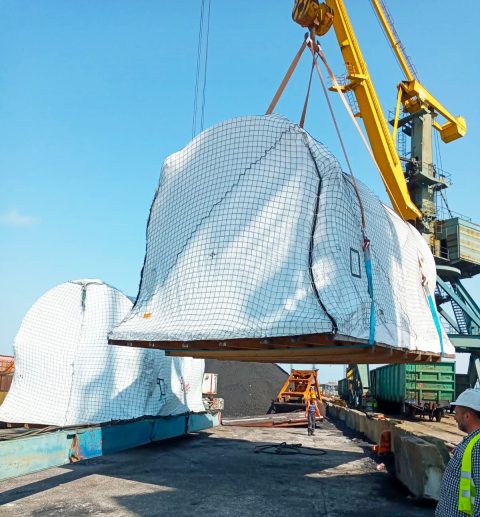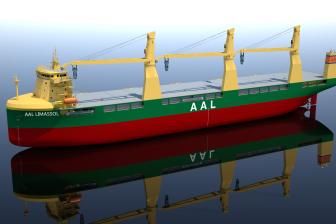
HHLA Project Logistics links Europe and Caucasus with new office
HHLA Project Logistics has put the latest piece in its specialist transport solutions puzzle with the new office in Almaty, Kazakhstan. The office now links Europe with the Caucasus region and Central Asia.
HHLA Project Logistics offers specialist transport solutions for the entire Caucasus region and neighbouring areas of Central Asia dealing with project cargo from parcels to heavy and oversized loads. The company had already opened offices in Georgia and Azerbaijan, and now adds Kazakhstan to the list.
Since 2001, HHLA Project Logistics has its headquarters in the Georgian seaport of Poti, a hub on the ancient Silk Road. It operates additional branches in Tbilisi (Georgia) and Baku (Azerbaijan). HHLA Project Logistics specialises in all stages of handling project cargo, particularly on behalf of international and local freight forwarders.
HHLA banks on railway connections
From Almaty the company will be able to offer its customers a wider range of services. Especially the railway connections through Kazakhstan are becoming more important today as more goods are transported via the Middle Silk Road from Central Asia to Europe and vice versa, the statement reads.
Philip Sweens, Managing Director HHLA International, said, “We are very happy to expand the network of HHLA Project Logistics. The opening event was a great way to get to know potential partners and customers in the region. With the new office in Almaty, we have access to one of the most important markets in Central Asia. No matter whether its truck, rail or air freight transport – with HHLA Project Logistics, customers have a reliable partner at their side who can advise them on all transport-related issues.”




